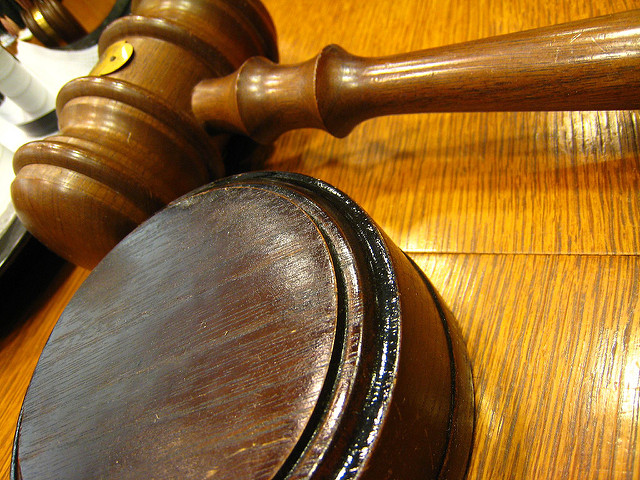The Ninth Circuit issued a new attorney fee decision that is applicable to Longshore and Defense Base Act claims. In Vortex Marine Construction, the court was asked whether it was appropriate to award a claimant’s attorney fees, paid by the Employer/Carrier, for time spent engaging in fee litigation. The published opinion that followed was succinct:
We agree with he Appellate Commissioner’s determination that [the Supreme Court’s Baker Botts decision] does not prevent an award of attorneys’ fees for the fee litigation here under the Longshore and Harbor Workers’ Compensation Act (“LHWCA”), 33 U.S.C. 928(a). In Baker Botts, the court held that the text of § 330(a)(1) of the Bankruptcy Code does not shift the costs of adversarial litigation from one side to the other, and it does not displace the American Rule with respect to fee-defense litigation. See id. at 2165–67; see also Micha v. Sun Life Assurance of Canada, Inc., 874 F.3d 1052, 1062 n.2 (9th Cir. 2017) (Berzon, J., concurring). But § 928(a) of the LHWCA is a fee-shifting statute that departs from the American Rule and explicitly shifts to the employer or carrier the responsibility for payment of a reasonable fee for attorney services for the adversarial litigation if the claimant successfully prosecutes the claim. See Shirrod v. Dir., OWCP, 809 F.3d 1082, 1084, 1086 (9th Cir. 2015); see also Baker Botts, 135 S.Ct. at 2164–65, 2167–68. Under fee-shifting statutes like § 928(a), courts have uniformly declined to treat fee-application and fee-litigation work differently, and have consistently held that time spent establishing the entitlement to and amount of the fee is compensable. See Baker Botts, 135 S.Ct. at 2167–68 (citing Comm’r, INS v. Jean, 496 U.S. 154, 158, 162, 110 S.Ct. 2316, 110 L.Ed.2d 134 (1990)); Blixseth v. Yellowstone Mtn. Club, 854 F.3d 626, 629, 631–32 (9th Cir. 2017) (citing In re S. Cal. Sunbelt Developers, Inc., 608 F.3d 456, 462–64 & n.4 (9th Cir. 2010)).
So why is this important? And why would the Ninth Circuit decide to publish an opinion that is only three paragraphs long? Probably because the Ninth Circuit wanted to make it clear that, when it comes to the Longshore and Defense Base Acts (and other fee-shifting statutes), it will uphold “fees for fees” or “fees on fees.” A claimant’s attorney may recover the fees incurred while litigating his fee petition. This is a factor that an employer or carrier should consider when weighing whether to challenge a claimant’s attorney’s fee petition.
Vortex Marine Constr. v. Grimm, — F.3d —- (9th Cir. 2017).
Attribution: Photo courtesy of Flickr user bloomsberries.

